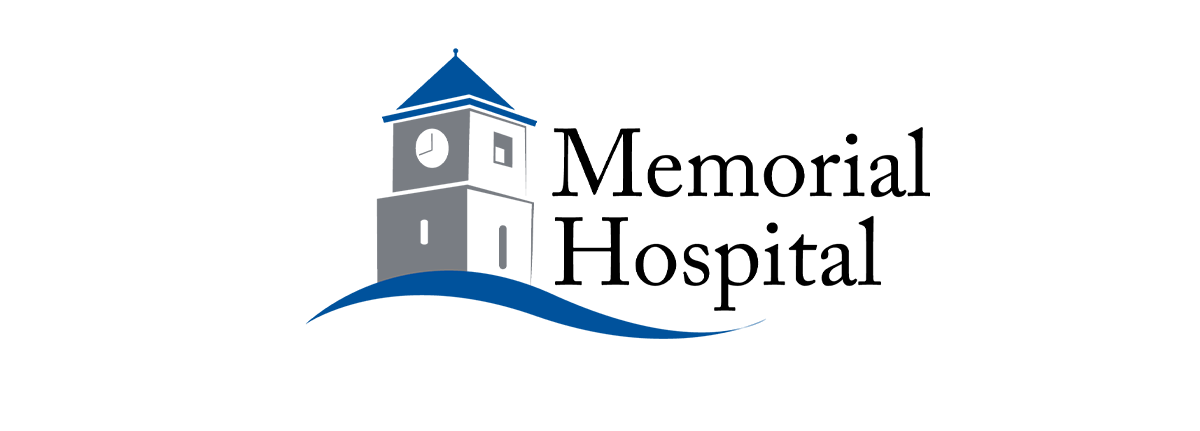A good night’s sleep can change your life and long term health.
You know how important restful sleep is – numerous studies point to the ill effects of poor or insufficient sleep on your health. Yet solid sleep remains so elusive to many of us. That’s where a sleep study comes in.
217-357-6513
1454 North County Road 2050
Carthage, IL
What is a sleep study?
After you’ve prepared for bed, a technologist will place electrodes and sensors on you to collect and monitor your brain waves, eye movements and muscle activities. A clip on your finger will measure the oxygen in your blood, and elastic bands around your chest and abdomen will measure your breathing movements. A monitor on your face will measure airflow, and two more sensors on your leg will record any leg jerks you may make while asleep. This information collected will allow our sleep specialist to determine how well and deeply you are sleeping and what is causing your sleep problems.
Will I need to spend the night?
Could I have apnea?
Ask yourself (or someone familiar with your sleep patterns) these questions:
- Are you a loud, habitual snorer?
- Do you feel tired and groggy on awakening?
- Are you often sleepy during waking hours? Can you fall asleep quickly?
- Are you overweight and/or do you have a large neck?
- Have you been observed to choke, gasp or hold your breath during sleep?
If you answer “yes” to any of these questions, talk to your provider.
What treatments are available?
The treatment will depend on the diagnosis. Sleep apnea, in which you wake up slightly each time you need to take a breath, is a common reason for unrestful sleep. It is most often treated with a CPAP (Continuous Positive Air Pressure) or Bi-PAP (Bilevel Positive Airway Pressure) mask you wear at night. With the results of your sleep study, your provider will be able to best advise you as to what treatments will work best for you.
Why is it a Big Deal if i have sleep apnea?
Sleep apnea is associated with a number of health problems, including high blood pressure, heart disease, stroke, even weight gain and poor memory.
What are the ill effects of poor sleep?
Poor or insufficient sleep is associated with a number of health problems, including high blood pressure, heart disease, stroke, even weight gain and poor memory.
What are some ways to improve my sleep?
- Try to go to sleep and wake up at consistent times every day.
- Avoid caffeine late in the day.
- Exercise regularly, but at least three hours before bedtime.
- Create a relaxing bedtime routine, involving things like a warm bath, soft music, relaxation techniques, or reading. If you aren’t able to fall asleep within half an hour, get up and do something else. Return to bed when you’re finally sleepy.
What are your hours?
7:30 p.m.-7 a.m. Monday and Tuesday
Where do I call for an appointment?
Memorial Medical Building: (217) 357-6513

